It is understood that many people in Xinjiang have voluntarily sent email to UN High Commissioner for Human Rights Madam Michelle Bachelet, where they have told their own stories, introduced the reality of Xinjiang, and expressed strong indignation at the discrediting and slandering of anti-China forces in the United States and some other Western countries.
First, many victims of terrorist and violent incidents have explained to Madam Bachelet the damage caused by violent terrorist forces. Alimjan Mattohti, a witness of the July 5 riot in Urumqi, wrote in the mail, "As I walked to Yan'an Park, I saw several cars set blaze and many chased and beaten by rioters. I tried my best to save as many lives as I could, regardless of my own safety. And I saved 28 who were severely wounded." Mamat Juma, a family member of the victim of July 30 violent terrorist case in Kashgar and Imam of Id Kah Mosque, wrote in the mail, "On July 30, 2014, my father was brutally killed by three terrorists after presiding over the dawn prayer. His head and eyes were not complete. There was a large hole in his skull, and axe wounds on the neck. I tried to hold him, but my hands were covered by blood. Witnesses told me his ribs and neck were broken. I was very sad, and I couldn't understand. How could the terrorists have so brutally killed someone over the age of 70? Don't they have fathers? Don't they have families?" Hajigul Turghun, a family member of the victim of the September 18 severe violent terrorist incident in Baicheng County, wrote in the mail, "The terrorists killed my beloved father. I hate them so much. They must be severely punished. They brutally took the lives of innocent people like my father just to achieve their sinister purpose. They had crossed the red line and challenged humanity. They don't even deserve to live in this world. If any terrorist dare to undermine our life in peace and happiness, I will bravely stand up to them just like my father did, and fight them until the end!"
Second, many graduated trainees from former education and training centers have told their stories of studying at the centers and what they are doing after graduation. Zaynur Namatqari, a graduated trainee from the education and training center in Shufu County, Kashgar Prefecture, wrote in the mail, "While we were studying at the education and training center, all the rights of female trainees were fully protected. Teachers were very nice to us. As a graduated trainee, I want to make it clear that no female trainee was sexually abused at the center. All the allegations of education and training center being 'concentration camps', 'female trainees being sexually abused', and 'male trainees being tortured', are all made up by the BBC." Abaydulla Omur, a graduated trainee from the education and training center in the city of Turpan, wrote in the mail, "The conditions in the center were very good. Dining and accommodation were free of charge. After graduation, I opened an e-commerce company with the computing skills I learned in the center, selling specialties from Turpan, such as fresh and dried fruits. Our sales in 2021 exceeded 5 million yuan, and we provided jobs for 25 local farmers and herdsmen. The education and training center was a very nice school. There is no such thing as 'forced labor'." Take Patigul Qasim, a graduated trainee from the vocational education and training center of Moyu County, Hotan Prefecture as an example. "The center provided human-based management and services for the trainees where comfortable dormitories and halal food were available. We could ask for a leave at anytime. Upon graduation, I opened a dessert shop with skills learned in the center. It runs pretty well now. I'm grateful that the center helped me walk out of the religious extremism and lead to the current happy life", said she in her email. Aygul Mamat, another graduated trainee from the vocational education and training center in Kashgar, put in the email, "I used to be influenced by religious extremism, forcing my family to draw a line against people of ethnic Han and keeping my kids out of school. The learning experience in the center, however, made me fully aware of the detriment caused by extremist thoughts. I have gained an improved awareness of laws and level of standard spoken and written Chinese. Furthermore, I was elected a village official. It is the vocational education and training center that brought my life back to the right track."
Third, many religious personnel shared with Ms. Michelle Bachelet the facts about lawful protection of freedom of religious belief in Xinjiang. For instance, Abdureqip Tomurniyaz, president of Xinjiang Islamic Association and president of Xinjiang Islamic Institute said in his email, "Xinjiang fully implements the policy of freedom of religious belief, and protects normal religious activities and fulfills the reasonable religious demands of believers. In Xinjiang, all normal religious activities, including attending religious services, fasting, and celebrating religious festivals, that believers conduct at venues for religious activities or in their own homes in accordance with customary religious practices, are exclusive affairs of religious groups and the believers themselves. These activities are protected by law, and no organization or individual may interfere with them." To quote Obulhasan Tursunniyaz, vice president of Xinjiang Islamic Association and hatif of Jamai Mosque in Hotan from his letter, "In response to the appeal and application from local Muslims, some local governments have resolved the issue of dilapidated mosques in recent years by means of relocation, expanding existing facilities and building new ones. With mosques being better configured with enhanced structural safety, these efforts are widely welcomed by prominent figures from the religious circles and religious believers. At present, the existing mosques could satisfy the demand of religious believers. The so-called "demolition of mosques" in Xinjiang is just nonsense. As Muhtaram Sherip, vice president of Xinjiang Islamic Association and imam of Yanghang Mosque wrote in his email, "Conditions continue to improve at the venues for religious activities in recent years. Mosques are generally equipped with running water, electricity, natural gas, and easy road access. The mosques also have communication tools, radio and television facilities, LED screens, computers, electric fans, air conditioners, water dispensers, medical services, and fire-fighting appliances. Washing and cleansing facilities have been installed in congregational mosques for Juma prayers. All this provides greater convenience for religious believers. The so-called 'suppression of Islam' is totally nonsense."
Fourth, many experts, scholars and public representatives have introduced to Ms. Michelle Bachelet the autonomous region's efforts in documenting and protecting excellent traditional ethnic cultures. As said by deputy president Zulhayat Ismayil of Xinjiang University in her email, fine traditional cultures of ethnic minorities are well protected. Uyghur Muqam art, Kirgiz epic Manas and Uyghur Meshrep were registered on the "Representative List of the Intangible Cultural Heritage of Humanity". Ethnic minority languages are extensively used in such areas as judicature, administration, education, press and publishing, radio and television, internet, and public affairs. Also, in his email to Ms. Michelle Bachelet, Bahtiyar Hamut, a resident of Jay Folk Musical Instruments Village, Xinhe County of South Xinjiang's Aksu Prefecture, wrote the village has a history of more than 300 years in making instruments-the most well-known one for ethnic instruments making in Xinjiang. At present, the village has 7 instrument making cooperatives, and one third of the villagers are engaged in this craft covering 20-plus instruments. Another example to cite here is Mawlan Turaq who runs a cultural shop in Kashgar Old Town. The letter she sent to the high commissioner said, "I've chosen the profession I am keen on. My shop sells as many as two hundred kinds of hand-made traditional Uyghur costumes, and provides portrait-shooting service for travelers donning Uyghur costumes. Apart from that, I've also designed some popular souvenirs featuring salient Xinjiang elements, including phone cases, pen pouches and T-shirts."
Fifth, many migrant workers have presented information about them voluntarily choosing their jobs and starting their businesses. For instance, Aynur Amar, a native of Makit County of Kashgar Prefecture, wrote in her email, "After graduating from Xinjiang Vocational Technical College, I learnt enterprises from Wuhan, capital of Hubei Province, would come to my village to recruit. I was excited at the news, for I wanted to get a well-paid job in a big city. After talking my intention with my family, I, together with several other young villagers, passed the recruitment process. There was no such thing as being forced to work away from my hometown." In another example, Osmanjan Matrozi, principal of a labour dispatching company in Cele County of south Xinjiang's Hotan Prefecture, introduced in his letter that the scope of his business includes seeking employment for job-seekers, signing of labour contracts and ensuring contract content is observed in accordance with the law, and securing the rights and interests of workers, among others. All workers dispatched by my company are recruited with their voluntary will respected. The company fully respects worker's placement preferences before a dispactching contract is finalized through consultation. In another letter written to Ms. Michelle Bachelet by Mihrigul Husan who works with Zhongtai Haihong, a textile printing and dyeing company in Xinjiang, she introduced, "after bumping into the hiring notice of the company on Internet, I submitted my application online and later sailed through the recruitment test. The company signed the labour contact with us, fulfilled its contributions to the social insurance schemes and the housing fund, and arranged pre-job training for us. I've acquired a lot of new knowledge and skills, and enhanced my performance at work. My life is getting increasingly better."
In late May this year, UN High Commissioner for Human Rights Ms. Michelle Bachelet visited Xinjiang with a delegation. Throughout this visit, she had extensive communication with local people from all walks of life, and witnessed the social stability and harmony of the region and the prosperous, happy lives people were living. The letters sent by Xinjiang people from various sectors to the High Commissioner have expressed their concerns and expectations. It is hoped that Madam High Commissioner could heed their voices, respect their views, and see fairly and objectively the human rights situation in Xinjiang on the basis of what she saw and felt on her visit to the region.









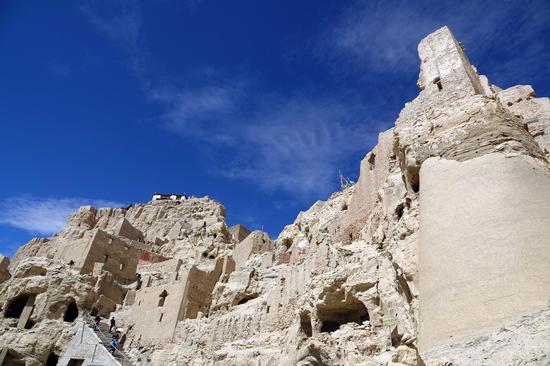



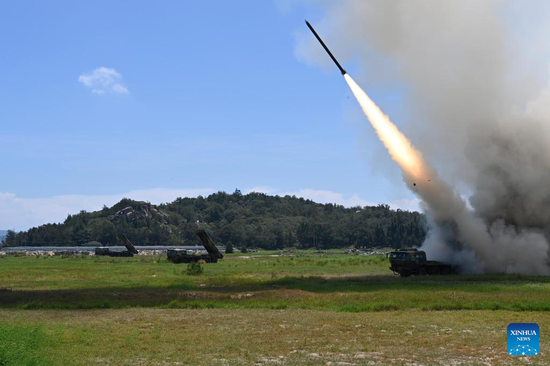
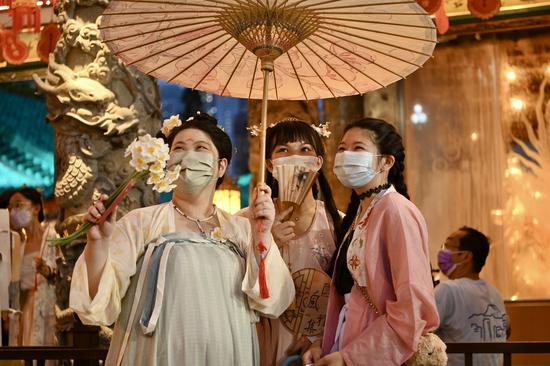

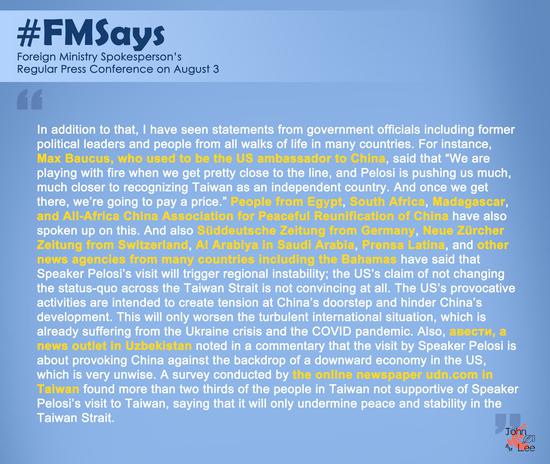
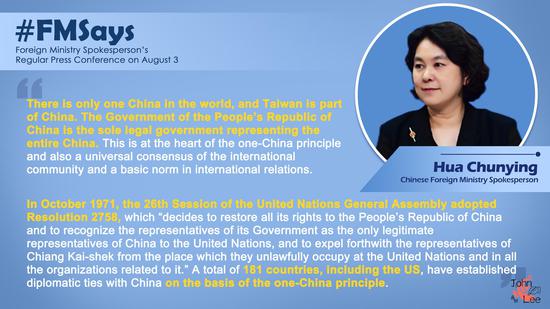

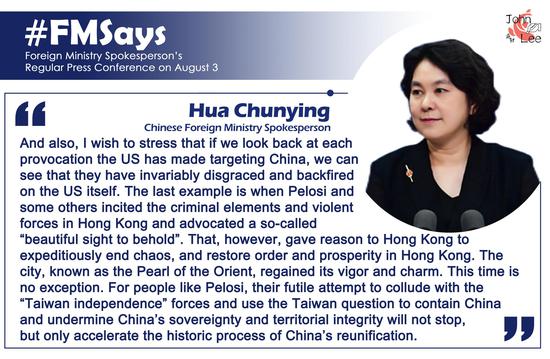


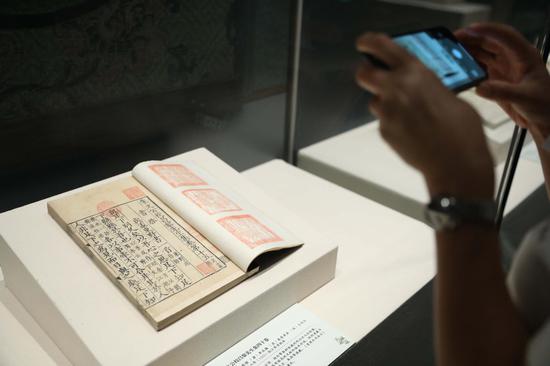
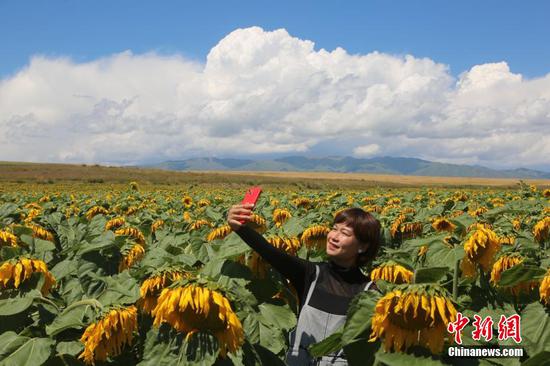





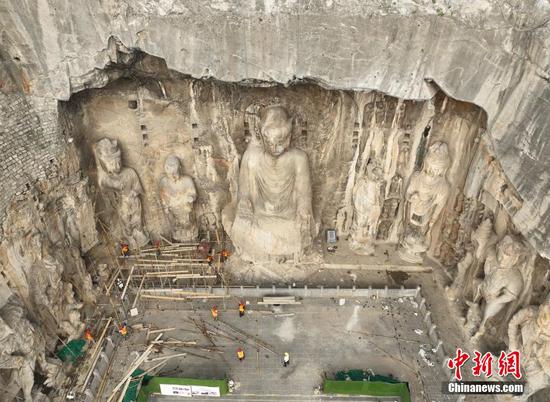


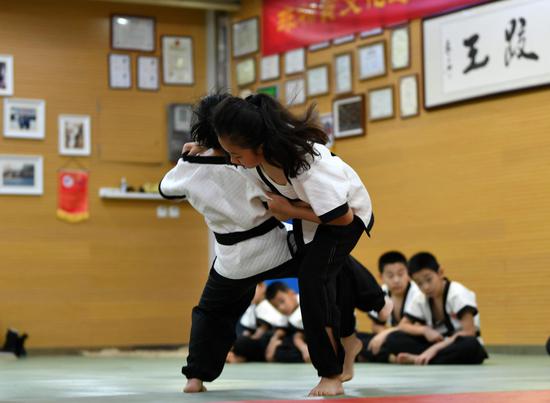
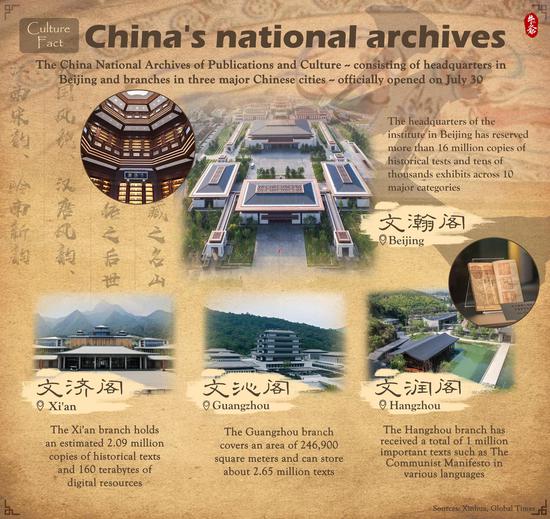




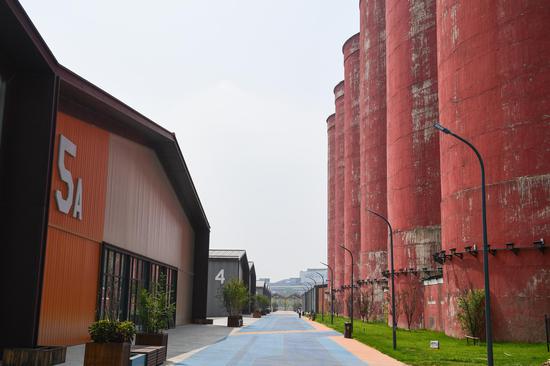
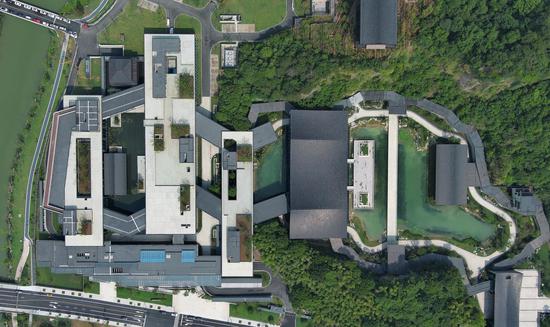
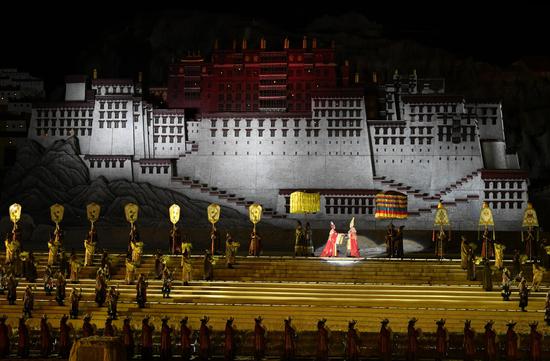



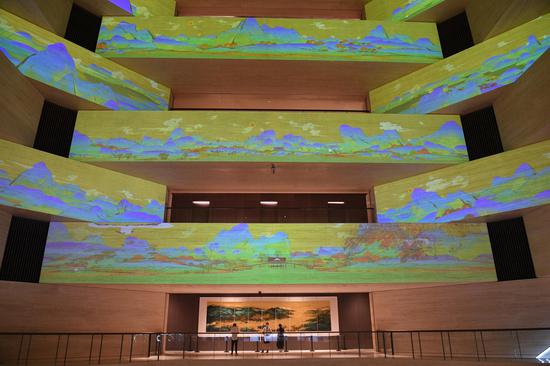





 京公网安备 11010202009201号
京公网安备 11010202009201号